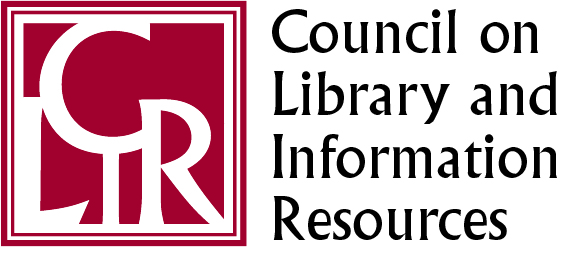ATHENS, Ga — Berry College, Georgia State University, and the Oconee Regional Library are among three Competitive Digitization grants awarded through an ongoing subgranting program with the Digital Library of Georgia.
These institutions are recipients of the second set of grants awarded in a program intended to broaden partner participation in the Digital Library of Georgia (DLG). The DLG solicited proposals for historic digitization projects in a statewide call, and applicants submitted proposals for projects with a cost of up to $5,000. The projects will be administered by DLG staff who will perform digitization and descriptive services on textual (not including newspapers), graphic, and audio-visual materials.
Sheila McAlister, director of the Digital Library of Georgia notes: “Thanks to our review partners from Georgia Humanities, Georgia Public Library Service, Georgia Arts Council, Georgia Historic Records Advisory Council, and DLG partner volunteers, we’ve selected another strong slate of digital projects that reflect the diversity of Georgia. The collections document Berry College’s history from the 1940s to the 1960s, African American education in Laurens County during the 1930s, and finally, Atlanta LGBTQ entertainment and news during the last decade of the 20th century.”
Preference in the selection process was given to proposals from institutions that had not yet collaborated with the DLG. The Oconee Regional Library is a new partner for the DLG.
The three recipients and their projects include:
- Berry College (Mount Berry, Ga.) – Digitization of the Southern Highlander (Spring/Summer 1943 – September 1966). The Southern Highlander, the official magazine published by the Berry Schools in Mount Berry, Georgia, documents the Berry Schools’ history. This publication, which was the primary publication used by the Berry Schools to communicate with potential donors and the public, is an invaluable primary source for anyone doing research on the history of Berry or education or philanthropy in Georgia in the first half of the twentieth century. The time frame of 1943-1966 includes the transitional period after Martha Berry’s passing, the impact of World War II on the school, the school’s fostering of liberal arts education and professional programs, earning accreditation by Southern Association of Colleges and Secondary Schools, and expanding recruitment to urban, non-traditional, and commuter students.
- Georgia State University (Atlanta, Ga.) – Digitization of the Mike Maloney Out TV Collection (1999-2000). Out TV Atlanta, a half-hour weekly news and entertainment show focused on LGBTQ life, ran from 1999-2000. The brainchild of Michael B. Maloney, the show was supported financially by Maloney’s family and friends. Maloney used his funds to purchase air time, and Out TV aired in Atlanta and Savannah. Its reporters (most of whom were volunteers) included Rob Martin, Leane Reed and Terence Steele. As producer of the show, Maloney saw that most of the coverage of LGBTQ life involved night clubs and drag queens, and he wanted to focus on “ordinary” gay people who were firefighters, attorneys, and regular members of the community. Issues covered include Governor Roy Barnes’ address to an Atlanta gay professional organization (the first in the state), and the first Gay Pride Parade in Savannah.
- Oconee Regional Library (Dublin, Ga.) – Digitization and description of teacher’s monthly reports from 37 of the African American rural and city schools in operation during the 1930s in Laurens County, Georgia. The reports were created by individual teachers for submission to the Laurens County Superintendent, and list student names, ages, grade levels, and attendance for the month. Many of these records also display teacher’s salaries, addresses, and other information. These resources are of significant value to family and local historians given that much African American educational history was not recorded or recounted elsewhere. Genealogists will appreciate the listing of children by name and age.



